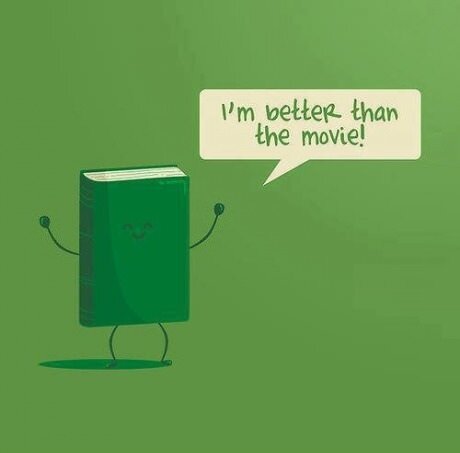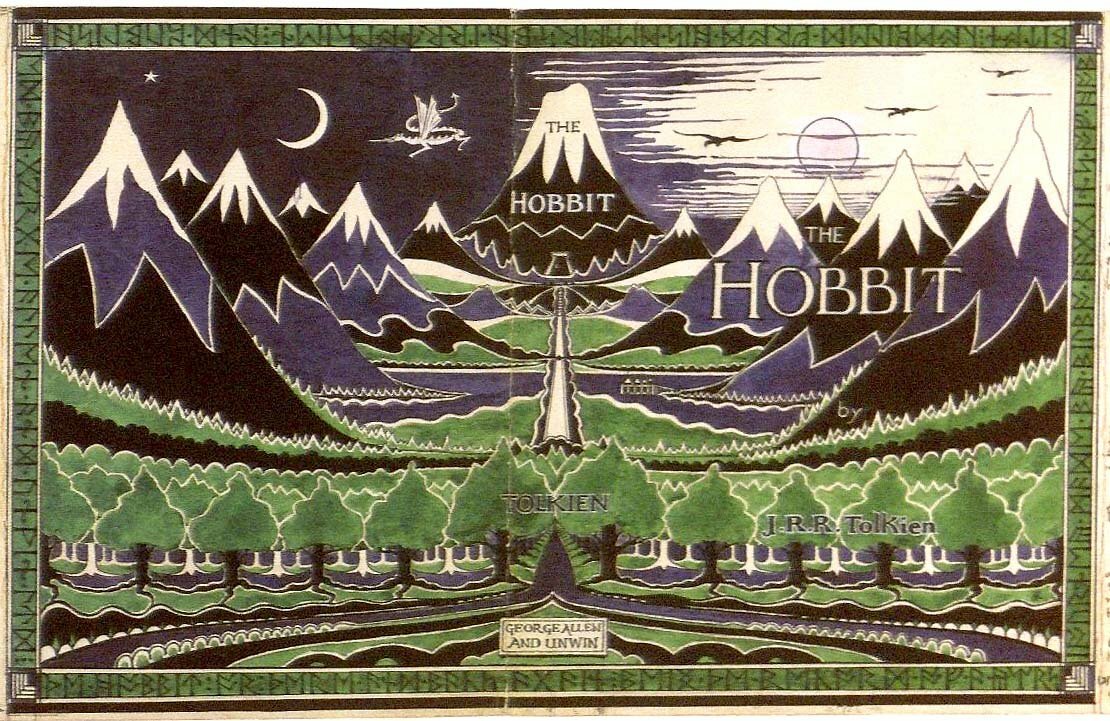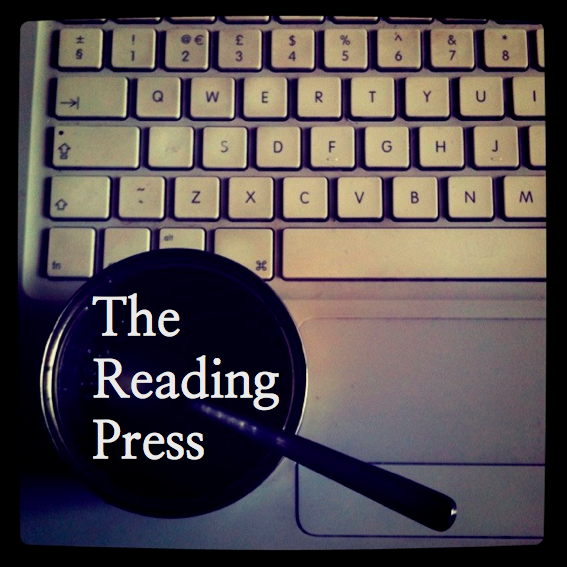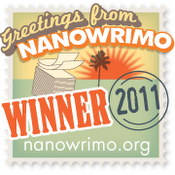This piece discusses The Hobbit, and although I worked hard not to include any spoilers, if you really want to avoid even the most general insights, I’d suggest waiting until you’ve already seen the film. I know how important these things can be.
As 2012 draws to a close, the world is – once again – becoming reflective. Of course, the difference between channel 4 and I is that I am not so much considering the Olympics as I am considering Eroticon, and Radiohead at the O2; but basically the urge to summarise and evaluate the year is comparable. Still, I won’t bore you with the fine details of my year, or pretend to be an expert who listened to all the new albums over the past twelve months – no. In fact, the topic of this article is something that has only been brought to the forefront of my mind in the past few days.
Back in October, when Skyfall was released in UK cinemas, Simon Mayo read out a listener review on Wittertainment in which the film was described as a roller coaster “with bits coming out of it like what James Bond’s parents were called!” I’m paraphrasing a little, but that was the measure of it. At the time I laughed and nodded in silent agreement. In theory I have no problem with this: there is certainly space for big, exciting blockbusters with pleasing addenda. There is a quiet kind of shared satisfaction when a film relates to the minutiae of characters’ lives, or subtly refers back to a prequel.
However, this kind of film making is not without fault. Taking a moment to think back over this year’s biggest films – Prometheus, Avengers Assemble, Skyfall, The Dark Knight Rises – none seem to be plot- or character-driven. Despite all its promotion and hype, I’m not really sure what Prometheus’ driving force was; I suppose you could argue that Avengers Assemble is character-driven, but only in the most cynical way; Skyfall seemed to be more about “rebooting Bond” and celebrating the 50th Anniversary; and whilst The Dark Knight Rises certainly had a tale to tell, it would be naïve to ignore the seven feature length Batman films that preceded it and how lucrative they may have been.1 But, for me, things didn’t really come to a head until this Sunday just gone, when I made my way to the cinema to see The Hobbit.
 As I’m sure is true for many people, Tolkien’s first novel was an important part of my childhood. Compared with The Lord of the Rings’ three, hefty volumes, The Hobbit is far easier for parents and children to cope with. Until The Fellowship of the Ring was released, as far as I was concerned, The Hobbit was the important part of Middle Earth. Don’t get me wrong, I love The Lord of the Rings, in all its grandeur and excess, but even then, at the age of eleven, I had a strong sense of how its many intertwined plot lines and complex enormity miss The Hobbit’s very particular charm. The Hobbit may lack the magnitude of the battle at Helm’s Deep, and compared with Frodo’s quest to destroy the ring, Bilbo’s adventure is a fairly light-hearted affair, but whilst The Lord of the Rings may be bigger, it is not, necessarily, better; and this is precisely what I feel is missing from modern film-making: the beautiful, fine, delicate art of constructing one, compact, exquisitely woven story. In less than three hours, thank you very much.
As I’m sure is true for many people, Tolkien’s first novel was an important part of my childhood. Compared with The Lord of the Rings’ three, hefty volumes, The Hobbit is far easier for parents and children to cope with. Until The Fellowship of the Ring was released, as far as I was concerned, The Hobbit was the important part of Middle Earth. Don’t get me wrong, I love The Lord of the Rings, in all its grandeur and excess, but even then, at the age of eleven, I had a strong sense of how its many intertwined plot lines and complex enormity miss The Hobbit’s very particular charm. The Hobbit may lack the magnitude of the battle at Helm’s Deep, and compared with Frodo’s quest to destroy the ring, Bilbo’s adventure is a fairly light-hearted affair, but whilst The Lord of the Rings may be bigger, it is not, necessarily, better; and this is precisely what I feel is missing from modern film-making: the beautiful, fine, delicate art of constructing one, compact, exquisitely woven story. In less than three hours, thank you very much.
I had hoped, perhaps foolishly, that after three epic films, Peter Jackson might embrace the chance to take on something simpler; but no such luck. I am not even cynical enough to believe that the torturous lengthening of The Hobbit was a purely finance-based decision. From an interview with Jackson, I gleaned that this decision was based on a change in consciousness. Filmmakers no longer feel that audiences will be satisfied with something small or simple, and, on the whole, they are probably right.
In retrospect there is still a lot of appreciation for simpler films. Between cinema trips this year I also saw Black Narcissus, The Philadelphia Story, and Some Like it Hot. Each one is a perfect example of an entire story arc, beautifully constructed in one two-hour film. None of them play to the gimmick of having “bits coming out of” them. None of them have been stretched and decorated to create something longer. As I say, in its place, ornamentation and grandeur can be wonderful – The Lord of the Rings is, really, exactly what it ought to be – but in other cases films – such as the The Hobbit – have sorely suffered at the hands of this trend.
Of course, films are not restricted to these two forms. There is plenty of space in cinema for experimentation, character-driven plot lines, and stories that leave the viewer with an intangible sense of dissatisfaction. But, understandably although regrettably, I don’t think many people flocked to see Holy Motors this Autumn.
However, there is another genre of film that takes the simple story arc very seriously and uses it consistently: children’s cinema. Whatever else you might say about Disney, they know how to construct an engaging story and tie it all up neatly, and if you aren’t partial to supporting Walt’s legacy, Pixar do it very well too. But surely, when we think of Black Narcissus and Some Like It Hot, it’s clear that reserving this kind of cinematic film making for children is something of a waste. And letting stories like The Hobbit slip past this trick, is even more of a waste.
I don’t mean to preach and moan about change – although I’m also one of those people who despises 3D for being nothing more than a fast-selling gimmick – and I will proudly say that I really did enjoy The Dark Knight Rises and Skyfall; but I also miss the beauty of simple stories, immaculately executed. And I do think that amidst the clamour of films made to fulfill the desire for gimmick and effects, we are losing sight of story telling, not to mention generally good film making. Surely there is space enough in cinema for both fast-paced blockbusters, and precise art.
- In addition to the films I have listed Breaking Dawn pt. 2 and The Hunger Games were also released this year. Since they are both based on popular books, it may be the case that they somewhat buck the trend of the others, being plot- and character-driven, although I do wonder if Breaking Dawn might have been undermined a little by being split into two parts. However, I have yet to see either of these films, so I am ill-equipped to comment on them. [↩]
















Although I can’t comment on The Hobbit as a whole (because I actually had the audacity to fall asleep during), I completely agree with what you have to say. Cinema for me has lost a bit of its escapist vibe. You want to get lost in a story, not let the story get you lost. If that makes sense.
Excellent post, Harper.
xoxo
I’m not so concerned with escapism as I am with artfully told stories. I don’t particularly have trouble following the storylines – I just don’t want the storylines to suffer because filmmakers are more concerned with special effects or stretching things so they can make more money. But, I do see your point, definitely.
We have not yet seen the Hobbit but are currently reading it as our family reading book (each person takes a turn with a chapter) It has been a long time since I have read it and to be honest I had forgotten how good it was. It really is a perfectly told tale all wrapped up in one bundle and there is a great deal to be said for that.
I guess what you saying is that that rather beautiful bundle has not been transferred to the big screen but has instead been turned into something glossy, grand and unwieldy? If so I agree with you, what a terrible waste of an opportunity to make something beautiful on paper come to life on screen.
Oh and I HATED Skyfall. I thought it was pointless nonsense. I know James Bond is meant to be a bit of that but this just seemed daft. After sitting through over 2 hours of Daniel Craig looking moody and very unbond like we then find out that it was all a waste of time because she dies in the end anyway. He might as well have shot her himself at the beginning and saved us all the agony. I did like the scene where the baddie appear to have some gay leanings towards Bond but it was so fleeting there was hardly time to enjoy it before we were back on the trail of nothing much.
However I have come to realise that I am in fact the only person on the planet (apart from Sir)who feels this way… Haha!
Mollyxxx
Had a moment of contemplation on whether to publish your SPOLIER-FILLED comment, haha, but fuck it – anyone who wants to see it and hasn’t already can’t be that bothered about spoilers.
I suppose that really I shouldn’t have expected Jackson to respect the neatly-tied-up beauty of The Hobbit; even if he wanted to, I bet the effect of making LOTR changes how you view cinema – because he used to be able to make small films… In any case, it’s truly upset me that no one can see my point!
Let me know what you think when you see it.